My latest column for @Forbes — please share!
forbes.com/sites/michaels…
forbes.com/sites/michaels…
@KatrinaNation @davidsirota @Leigh_Phillips @ChknNugtDeepSt8
forbes.com/sites/michaels…
Few people know that nuclear is the safest source of electricity. Or that low levels of radiation are harmless. Or that nuclear waste is the best kind of waste.
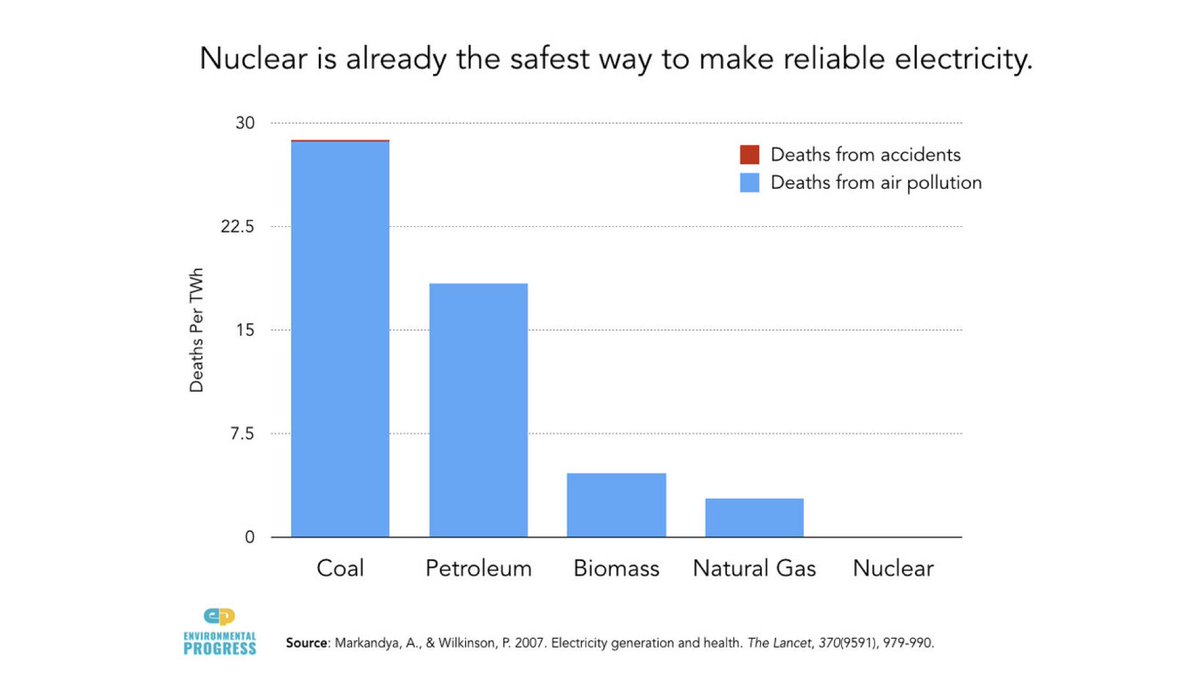
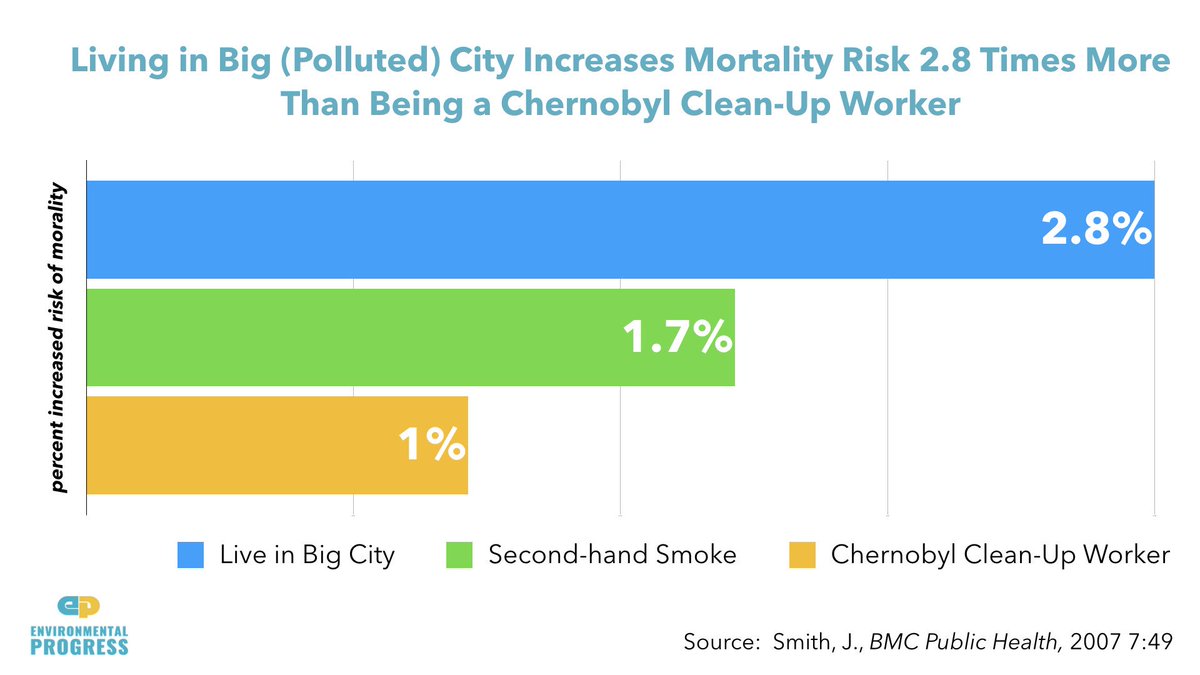
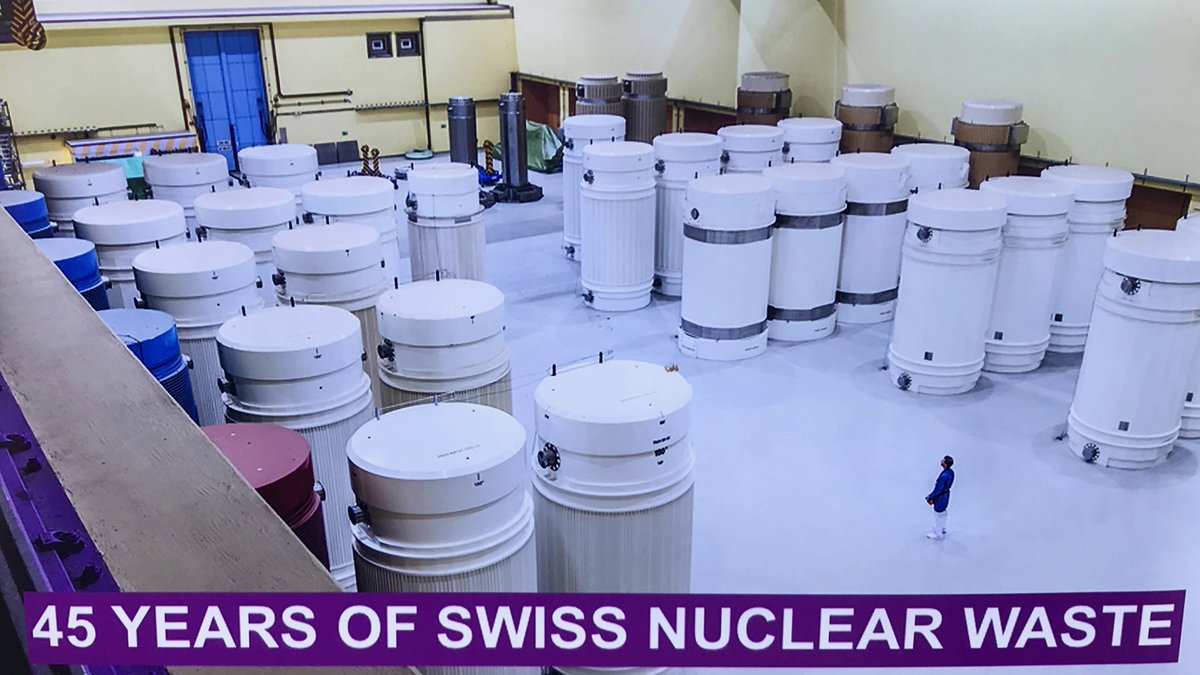
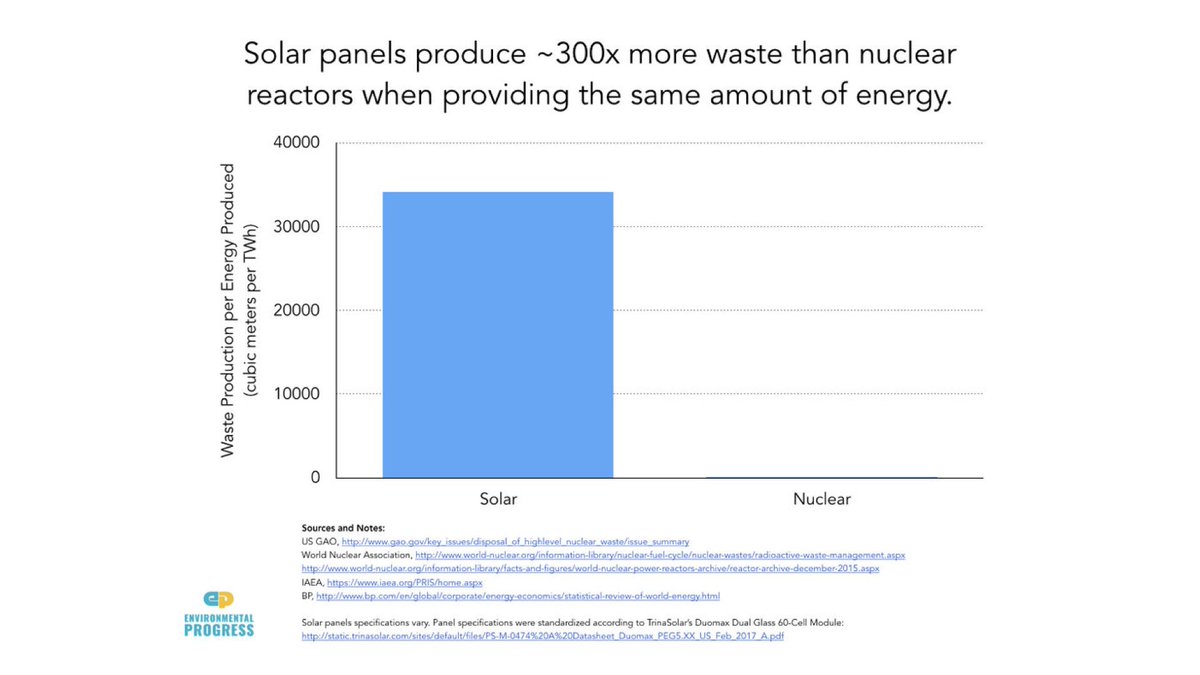
environmentalprogress.org/the-complete-c…
They are highly-educated. They do extensive research. And they publish in fact-checked publications like @NewYorker @TheNation @nytimes
Without a doubt that’s a big part of it. Psychologists have since the seventies documented how people displace anxieties about the bomb onto nuclear plants.
forbes.com/sites/michaels…
And few things have proven worse for the climate than shutting down nuclear plants.
Ordinary people tell pollsters they want renewables for the same reason they buy products labeled “natural”: they are in the grip of an unconscious appeal-to-nature fallacy.
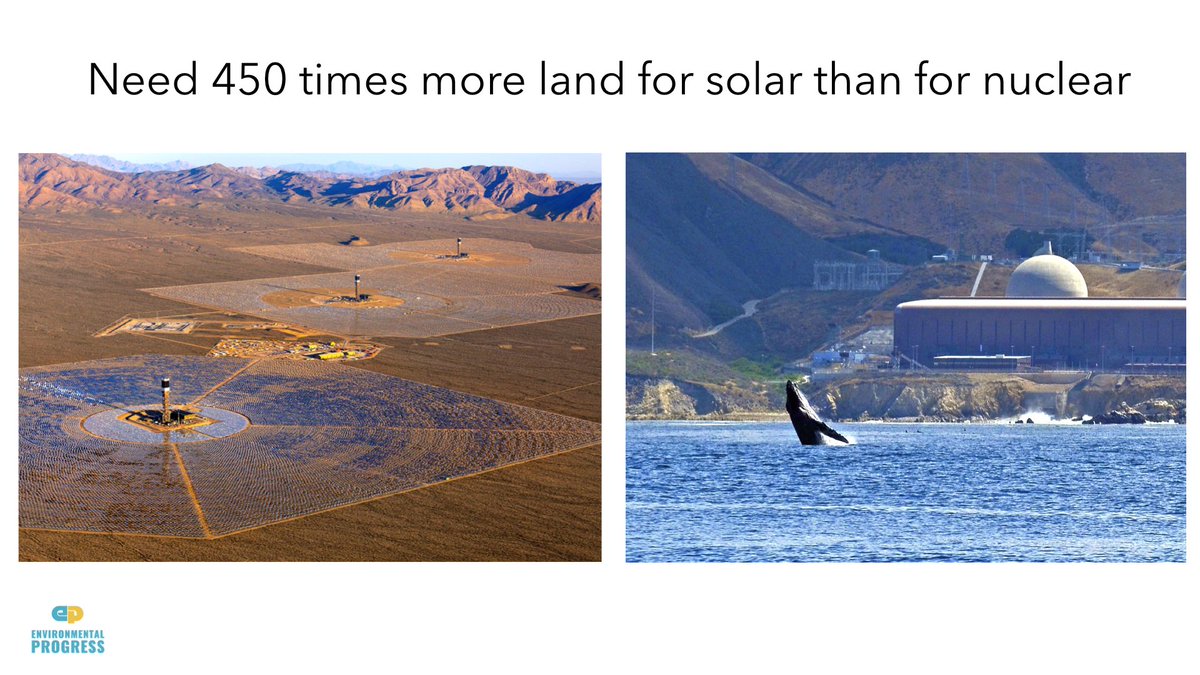
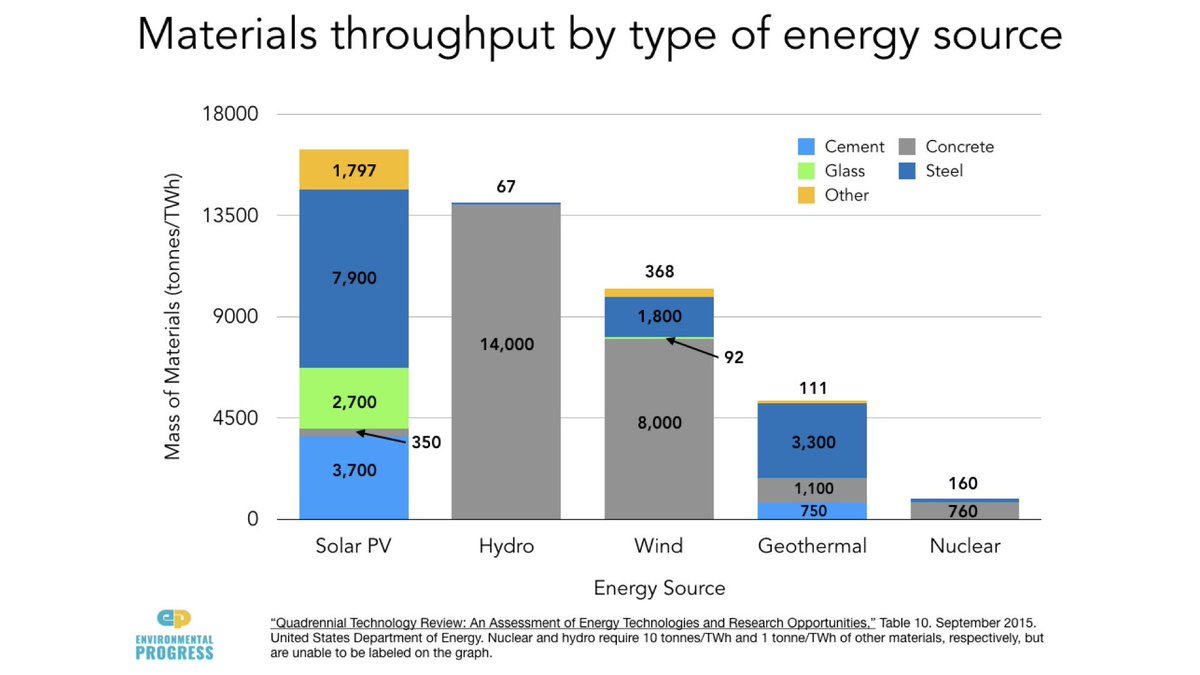
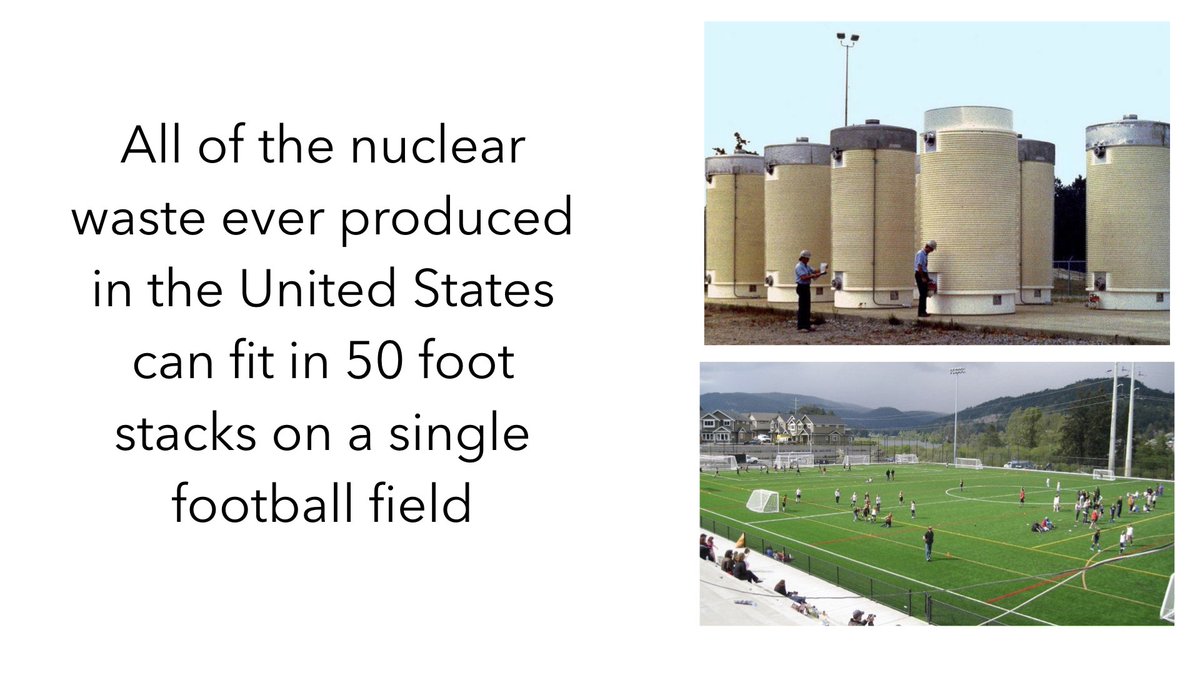
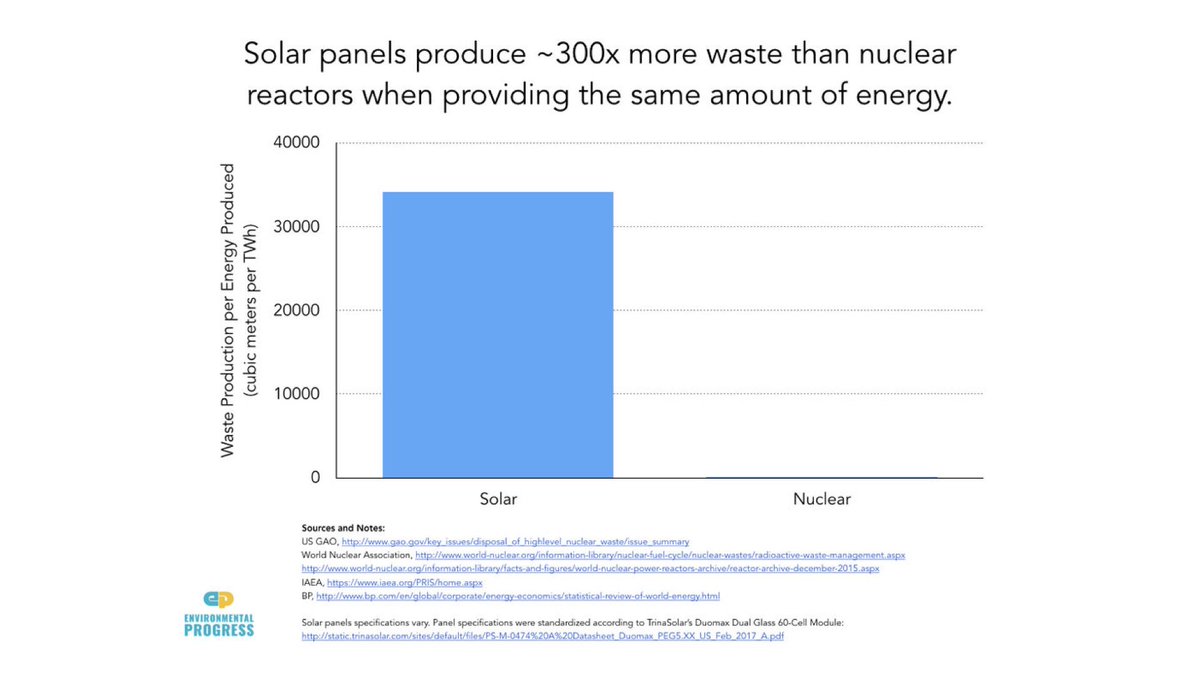
forbes.com/sites/michaels…
They have to deal with the public backlash every day.
It's the kind of resistance championed by Gore, McKibben, and Klein — but only when it's against nuclear and fossil fuel plants
"Residents still have raised concerns that severe weather could damage the panels and allow the cadmium telluride to leach into the soil or water."
fredericksburg.com/news/local/spo…
Solar promoters suggest panels will be profitably recycled while wind promoters say house cats kill more birds than wind turbines
After World War II, the working class in developed nations become materially rich, undermining the case that only a radical, socialist transformation of society could end poverty.
We just needed to build nuclear plants instead of coal-burning ones.
forbes.com/sites/michaels…
forbes.com/sites/michaels…
“If you ask me, it'd be little short of disastrous for us to discover a source of clean, cheap, abundant energy because of what we would do with it,” explained Lovins.
thenation.com/article/capita…
congress.gov/bill/116th-con…
nationalreview.com/2019/02/there-…
forbes.com/sites/michaels…
forbes.com/sites/michaels…
But then, over the last decade, as it tried to copy Germany, it spent $30 billion on renewables and saw the carbon intensity of its electricity supply, and electricity prices, rise.
forbes.com/sites/michaels…
No wonder they hate it so much.
#END





